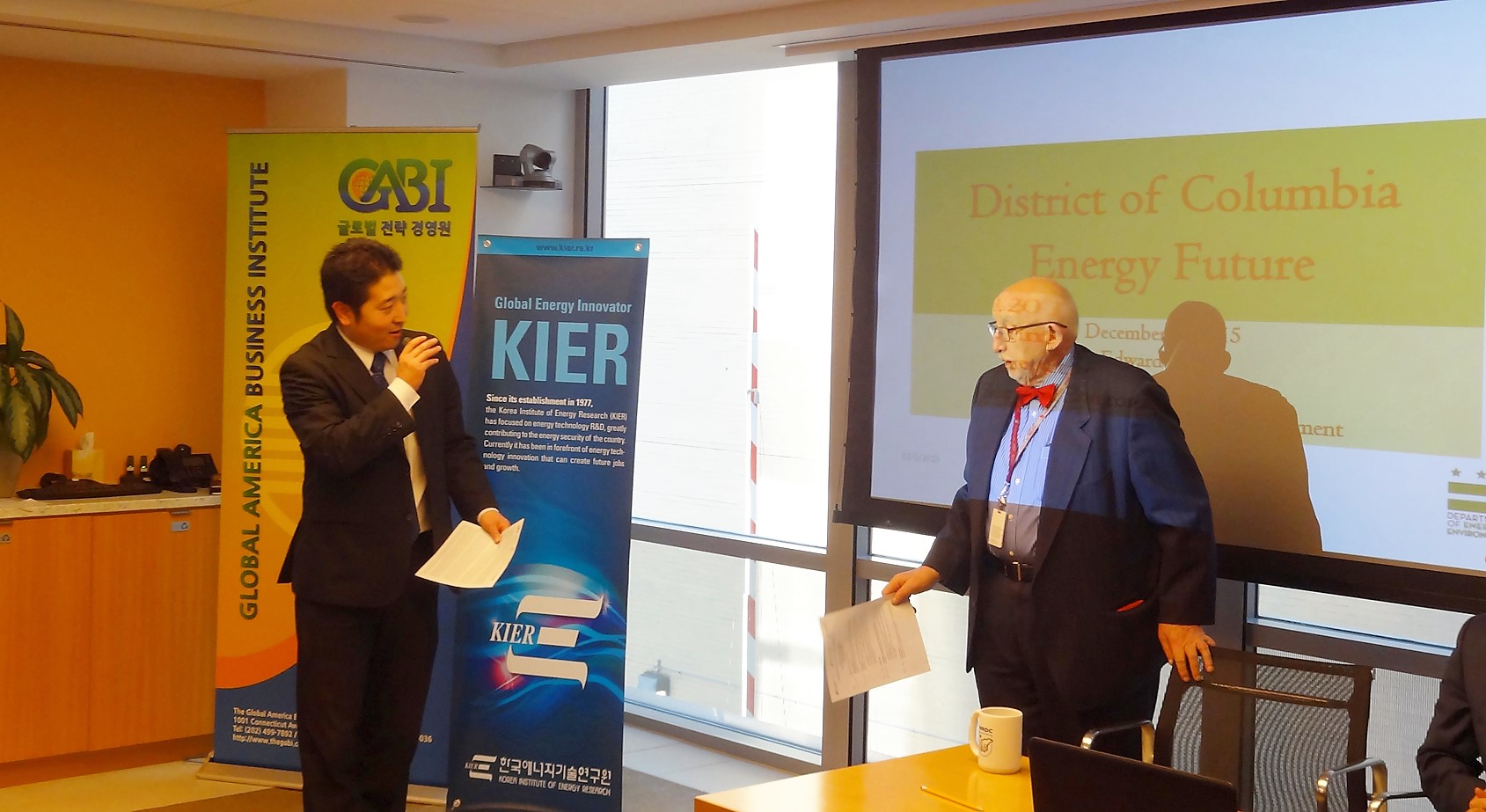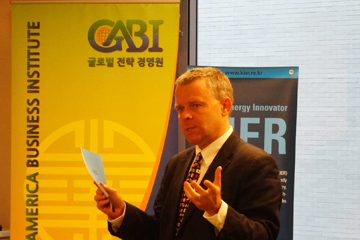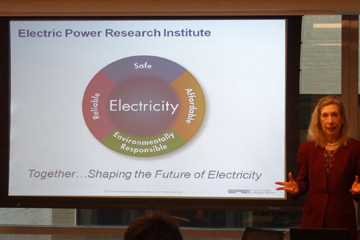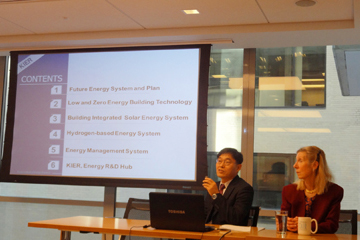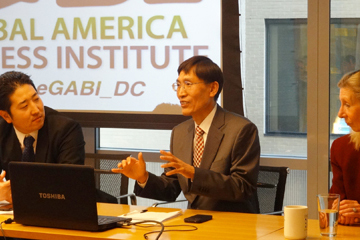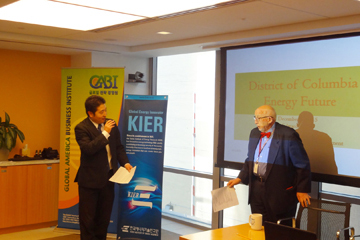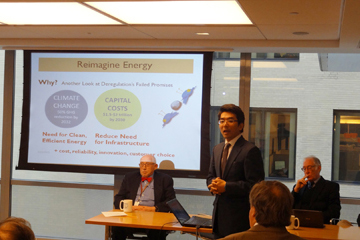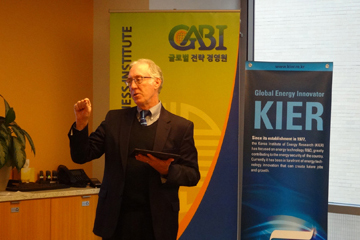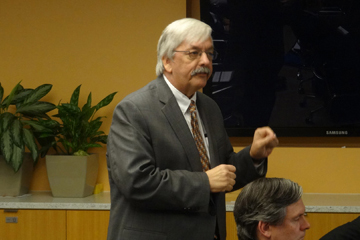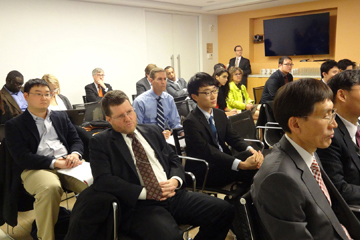Although recent progress in international climate change talks has highlighted the essential role of state-level cooperation in addressing the climate issue, significant progress has also occurred at the sub-state level, most notably cities. There are a number of reasons why initiatives and programs at the city level will be critical for sustainability and carbon mitigation moving forward. According to United Nations data, evidence suggests that 75% of global carbon emissions come from cities and urban areas, with projections that urbanization will steadily increase throughout the world in the upcoming decades. With increasing urbanization and high population densities in certain regions, most conspicuously Asia, the development of sustainable urban environments that facilitate access to clean energy and other vital resources will become increasingly central to combating climate change and preserving the environment. In Korea, smart city projects in localities such as Songdo and Jeju Island are being viewed as potential models for community, city, regional, and other sub-state governments worldwide. Such smart city initiatives have underscored the fact that stakeholders beyond just national governments will play a vital role in improving sustainability and spurring progress on climate.

